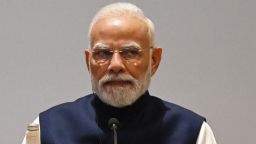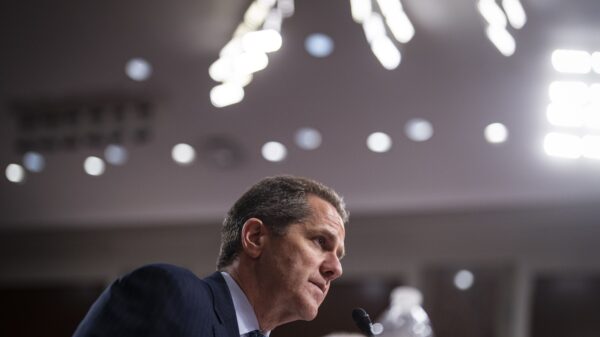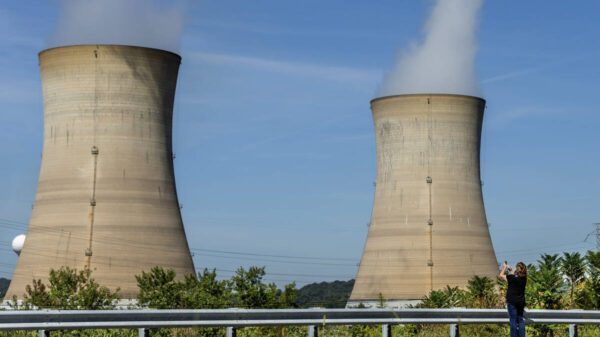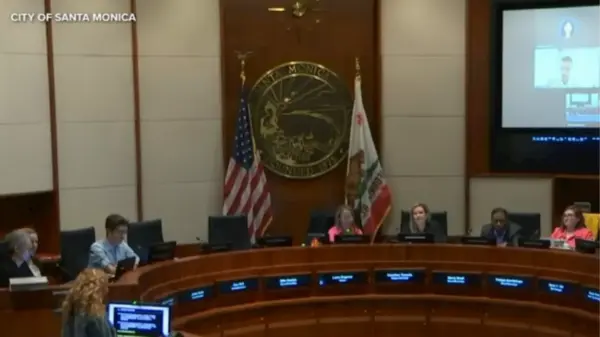The political landscape in Thailand shifted dramatically with the dismissal of Prime Minister Srettha Thavisin on August 15, 2023. This decision marks a pivotal moment in the country’s governance, stemming from an unraveling alliance between the newly elected leader and the political establishment led by former Prime Minister Thaksin Shinawatra.
Political analysts suggest that Thaksin Shinawatra, a controversial figure in Thai politics, orchestrated a significant arrangement that facilitated his daughter’s rise to power. This alliance was characterized by mutual benefits, with Thaksin’s influence expected to stabilize governance in exchange for supporting his daughter’s premiership. The partnership initially appeared to hold promise, but underlying tensions soon became apparent.
The National Assembly of Thailand’s recent vote to dismiss Srettha Thavisin reflects deep-seated divisions within the political framework. The Thai Raksa Chart Party, which supported Thavisin, found itself at odds with traditional elites who have dominated Thailand’s political scene for decades. This conflict underscores the challenges faced by newer political factions attempting to gain traction in a system historically resistant to change.
Analysts highlight that the dismissal is emblematic of a larger struggle for power in Thailand, where entrenched interests often clash with emerging political movements. The implications of this political upheaval extend beyond the immediate leadership change, as the future governance of Thailand hangs in the balance.
The fallout from this decision has raised concerns about the stability of the current administration and the potential for further political unrest. As the situation develops, the international community is closely watching how these dynamics may influence Thailand’s economic and social landscapes.
In the wake of these events, political factions are assessing their strategies, with many questioning the viability of alliances that seem increasingly tenuous. The political arena in Thailand remains fluid, and the outcomes of these power struggles will likely shape the nation’s future for years to come.
The current crisis serves as a reminder of the intricate and often precarious nature of Thai politics, where alliances can shift rapidly, and the stakes are high for all involved. As Thaksin Shinawatra continues to wield significant influence from behind the scenes, the question remains: how will the political landscape evolve in response to these challenges?






































































